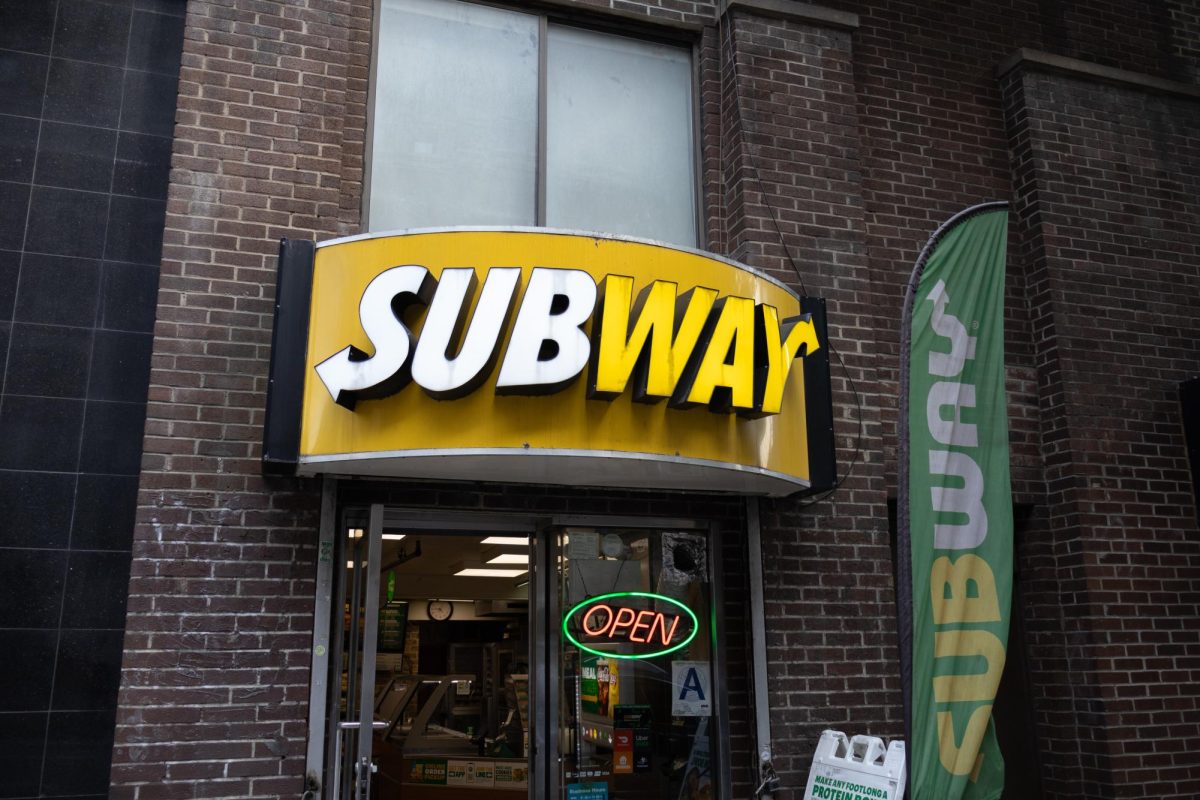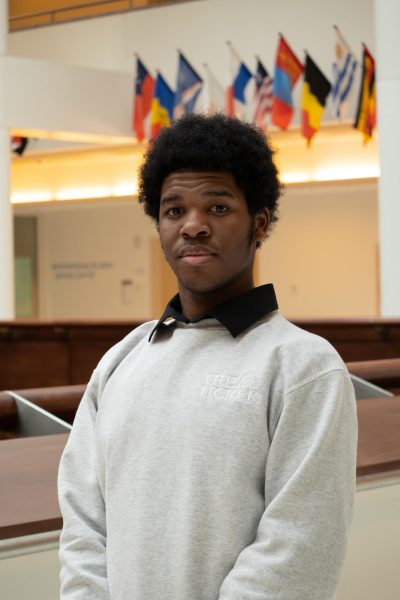Subway, the family-owned and private sandwich chain for nearly 60 years, announced that it has entered a definitive agreement to be acquired by private equity firm Roark Capital Group on Aug. 24.
Roark Capital is a private equity firm with $37 billion in assets, specializing in franchised businesses. In recent years, it has acquired two holding companies with an extensive food portfolio including Inspire Brands, the parent of Arby’s, Dunkin’, Jimmy John’s and Buffalo Wild Wings and Focus Brands, which owns Auntie Anne’s, Carvel, Cinnabon and Jamba.
After Fred DeLuca and Peter Buck founded Subway in 1965, their families announced the sale of the company in February 2023 after over 50 years of private ownership. This led several private equity firms to auction a deal, with Roark’s offer including an earn-out agreement structure less commonly found in consumer or retail deals.
Subway had an asking price of $10 billion because of its strong brand name and continued international growth. However, Roark offered $9.6 billion due to its deemed U.S. business saturation. The company was valued at less than the asking price due to fast-growing rivals like Panera and Firehouse Subs, which continue to put out a varied menu and have newer-looking stores.
“Subway currently controls about 23% of the $43 billion U.S. sandwich and deli market,” according to Technomic, a consulting company. “That’s down from 34% in 2017.”
In response, for the deal to be paid in full, Subway’s cash flows would need to reach certain financial milestones that extend over 2 years after the deal closes. If those financial expectations are not met, the deal would be valued at $8.5 billion.
According to CNN, the acquisition by Roark Capital constituted a significant event in the fast-food industry.
The Wall Street Journal reported that Roark will keep Subway as its own entity within their investment portfolio and does not intend to combine Subway with any of its other restaurant holding groups.
Initially, the acquisition was placed on hold due to tax considerations. According to Reuters, before Buck passed away in 2021, he donated 50% of his stake in the privately-held company to his philanthropic Peter and Carmen Lucia Buck Foundation under the terms of his will. This offered a shield from taxes on the sale of the stake.
The deal remains to be “very competitive and fluid,” and has months of longer than expected transactions built in before finalization. The deal gave 12 months for all transactions to be completed, considering complications with Subway’s declining status.
Subway’s plan to catch up to competitors was a refresh of the menu introducing a line of chef-developed sandwiches. The chain’s momentum going into the acquisition saw July global same-store sales up to 9.8% from 2022. It also remodeled 10,000 restaurants and spent $80 million providing 20,000 U.S. restaurants with deli meat slicers, a new strategy.
Subway CEO John Chidsey, who joined the company in 2019, believes the deal will reflect an increase in Subway’s long-term growth potential and values as a brand. Under Roark’s ownership, franchising, digital ordering strategies and international development may increase and lead to an addition of 23,000 restaurants globally.
“They understand our business,” Chidsey said in a Wall Street Journal interview. “From the [Subway] family’s perspective, it was a compelling offer that I think works for everybody.”









